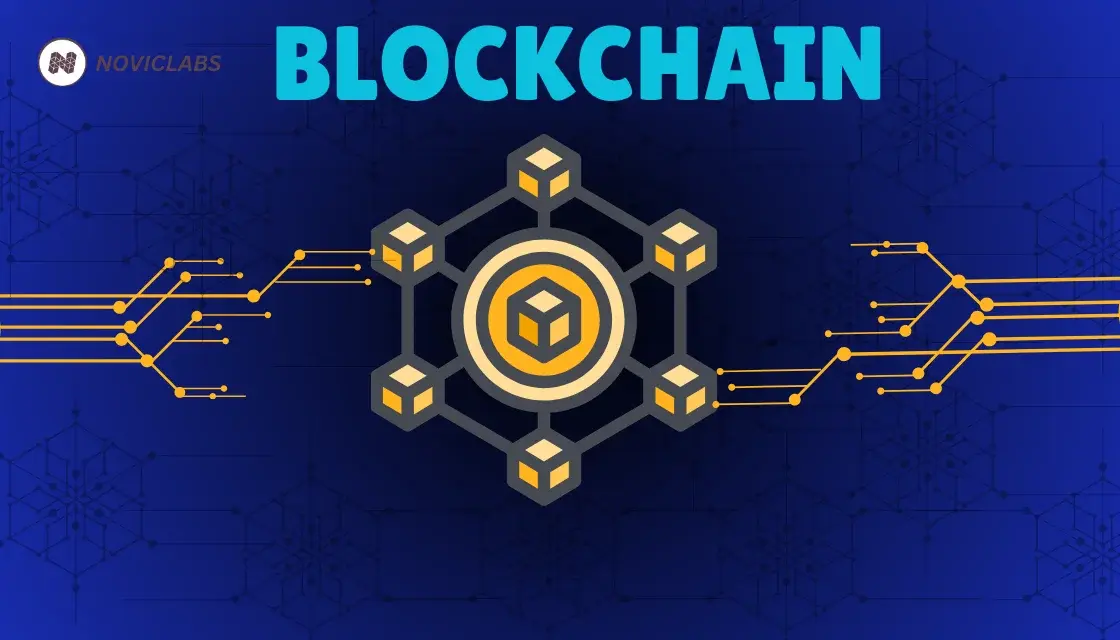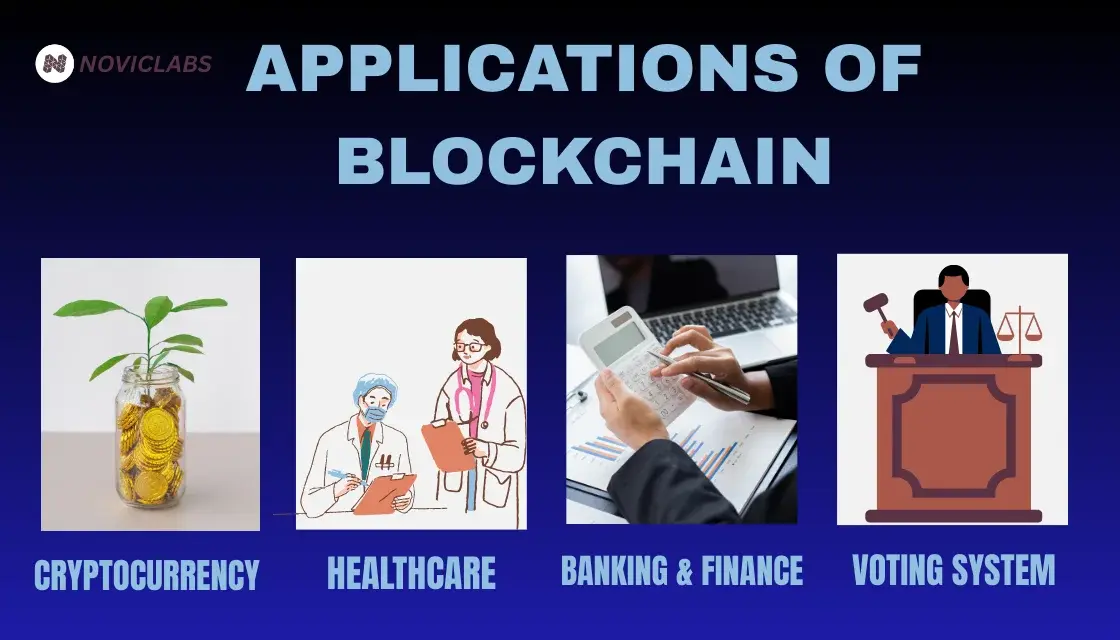Jul 20, 2022
What Is Blockchain Technology? A Comprehensive Guide

Blockchain technology has become a game-changer in the digital world, revolutionizing industries from finance to healthcare. But what exactly is Blockchain technology, and how does it work? This detailed guide will break down the fundamental concepts of Blockchain, its benefits, applications, and future potential, making it easier for anyone to understand.
Understanding Blockchain Technology
Blockchain is a decentralized digital ledger that securely and transparently records transactions across a distributed network of computers. Unlike traditional databases, which are controlled by a single entity, Blockchain distributes data among multiple participants, making it more secure, immutable, and resistant to fraud.
Key Features of Blockchain:
Decentralization:
No single authority has control over the entire Blockchain network.
Transparency:
Every transaction is recorded and visible to authorized participants.
Immutability:
Once a transaction is added, it cannot be changed or deleted.
Security:
Cryptographic algorithms protect data from hacking and fraud.
How Does Blockchain Work?
Blockchain technology operates through a structured process involving several key components:
1. Blocks
Each block contains a set of transactions, a timestamp, and a unique hash (a digital fingerprint) that links it to the previous block.
2. Chains
Blocks are connected in chronological order to form a chain, ensuring data integrity and security.
3. Decentralized Network
Instead of relying on a central authority, Blockchain networks are distributed across multiple nodes (computers). Each node maintains a complete copy of the Blockchain.
4. Consensus Mechanisms
To validate transactions and maintain security, Blockchain networks use consensus mechanisms like
Proof of Work (PoW):Utilized by Bitcoin, miners compete to solve complex mathematical puzzles to validate transactions.
Proof of Stake (PoS):Validators are selected based on the amount of Cryptocurrency they hold and stake in the network.
Types of Blockchain
1. Public Blockchain
Open to everyone, public blockchains like Bitcoin and Ethereum allow anyone to participate and validate transactions.
2. Private Blockchain
Restricted to a specific group, private blockchains are used by enterprises for internal processes, ensuring higher control and privacy.
3. Consortium Blockchain
A hybrid of public and private blockchains, consortium blockchains are governed by multiple organizations, offering security and efficiency.
4. Hybrid Blockchain
Combining features of public and private blockchains, hybrid blockchains provide flexibility for businesses and organizations.
Real-World Applications of Blockchain Technology

Blockchain is transforming industries with its secure, transparent, and decentralized nature. Here are some key use cases:
1. Cryptocurrency
The most popular application, Blockchain, is the backbone of digital currencies like Bitcoin, Ethereum, and stablecoins.
2. Blockchain" class="active:font-bold">smart contracts
Self-executing contracts with predefined conditions eliminate the need for intermediaries and automate transactions.
3. Supply Chain Management
Blockchain enhances transparency and traceability in supply chains, reducing fraud and improving efficiency.
4. Healthcare
Securely stores patient records, ensuring data privacy and easy access for authorized professionals.
5. Finance and Banking
Enables faster, cheaper cross-border transactions while reducing fraud and errors.
6. Voting Systems
Ensures transparent and tamper-proof digital voting, reducing election fraud.
7. Real Estate
Simplifies property transactions, reducing paperwork and increasing trust in ownership records.
Benefits of Blockchain Technology
1. Increased Security
Blockchain's cryptographic design prevents unauthorized access, making data secure against cyber threats.
2. Enhanced Transparency
Every transaction is recorded on a shared ledger, ensuring trust and reducing fraud.
3. Improved Efficiency
Automating processes like payments and contracts reduces time and costs.
4. Reduced Costs
By eliminating intermediaries, Blockchain reduces transaction fees and operational expenses.
5. Decentralization
No single entity controls the network, preventing manipulation and enhancing trust.
Challenges and Limitations
While Blockchain offers numerous advantages, it also comes with challenges:
1. Scalability Issues
BBlockchain networks like Bitcoin can handle only a limited number of transactions per second, leading to congestion.
2. Energy Consumption
Proof of Work (PoW) blockchains require immense computational power, consuming significant energy.
3. Regulatory Concerns
Governments worldwide are still developing regulations for Blockchain-based applications, affecting adoption.
4. Adoption Barriers
Many businesses and individuals lack awareness and technical expertise, slowing Blockchain adoption.
Conclusion
Blockchain technology is a groundbreaking innovation with the potential to transform various industries. Its decentralized, secure, and transparent nature makes it a valuable asset for finance, healthcare, supply chains, and more. As adoption grows and challenges are addressed, Blockchain will continue shaping the digital future.
Understanding Blockchain is essential for businesses and individuals looking to leverage its benefits. Whether you’re exploring Cryptocurrency, Blockchain" class="active:font-bold">smart contracts, or enterprise solutions, Blockchain technology offers endless possibilities for innovation and security.
STREAMLINE YOUR BUSINESS WITH AI?
Main
Resources
Developers
Company
Contact Us
+1 (999) 888-77-66
hello@noviclabs.com
Location
483920, Indonesia,
Lampung 22/2/5, Office 4
© 2023 Noviclabs All rights reserved.